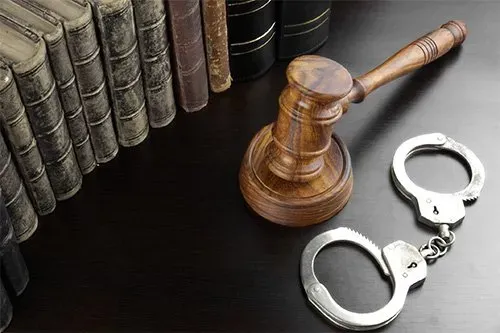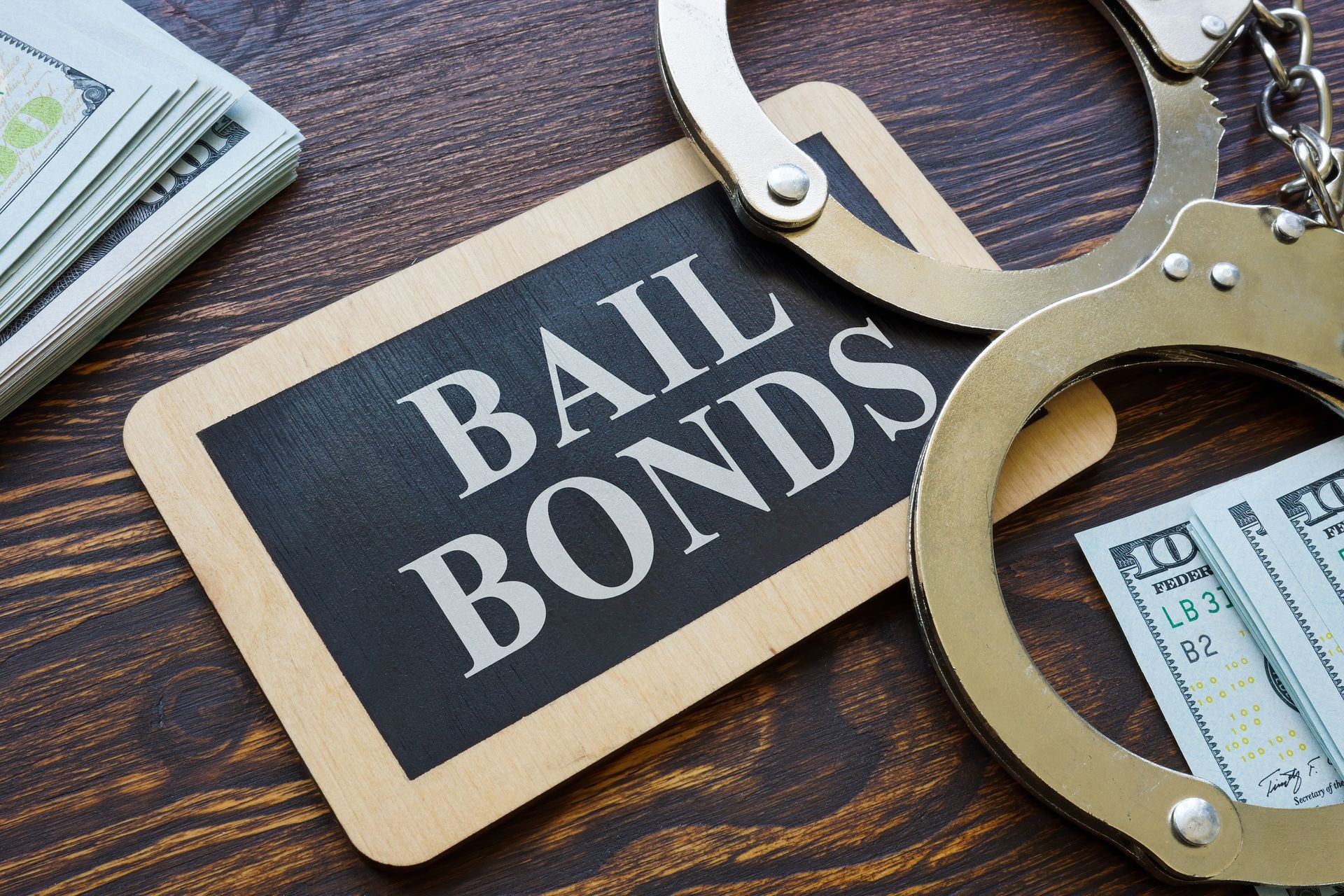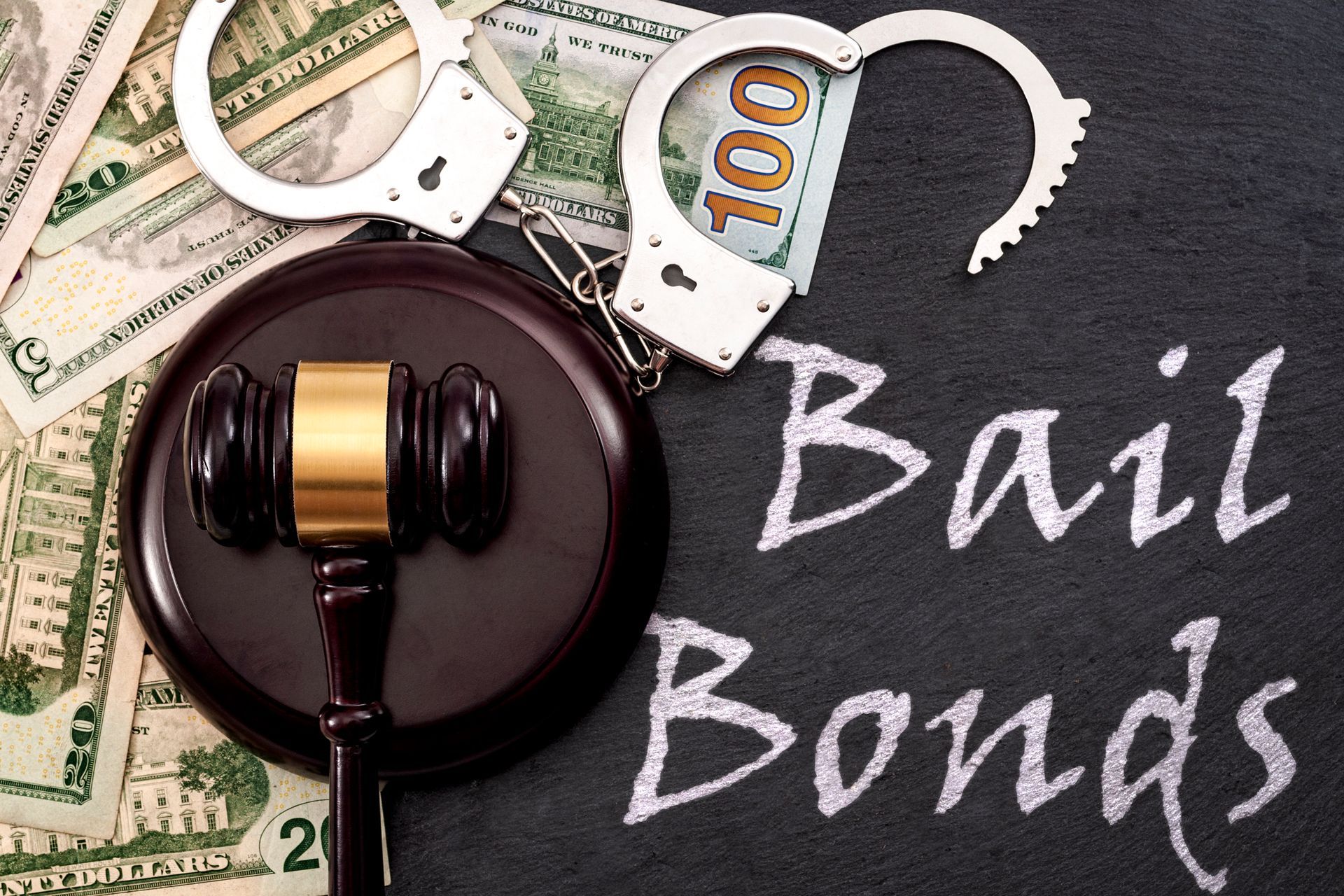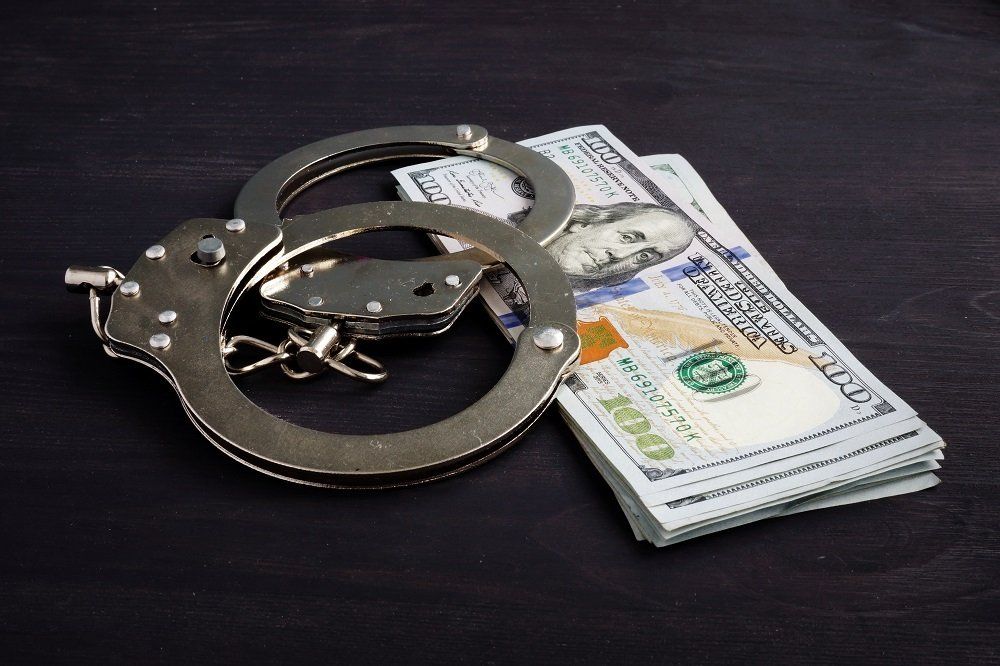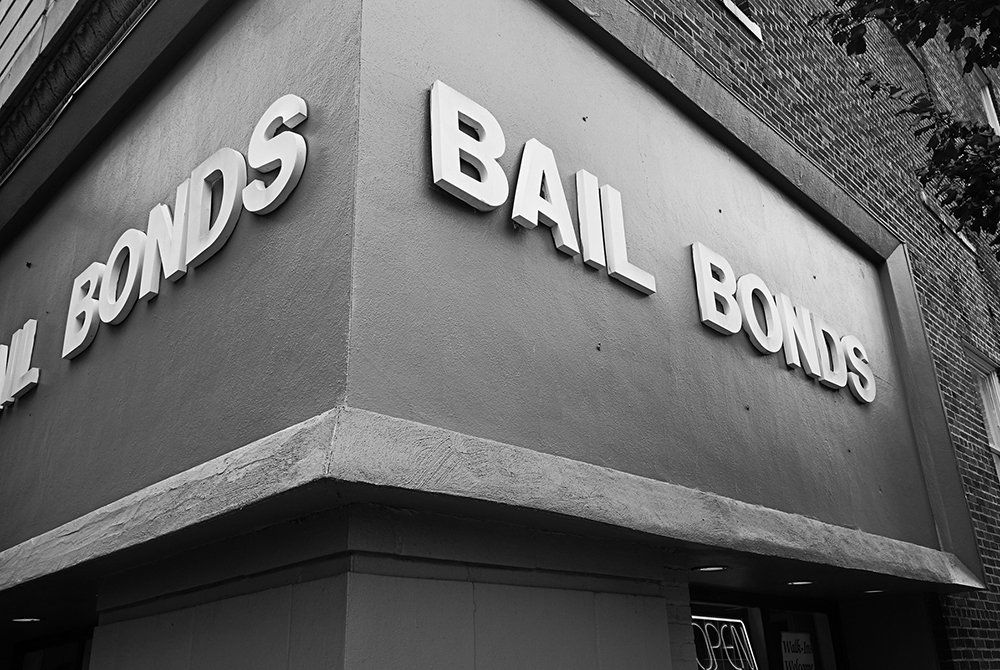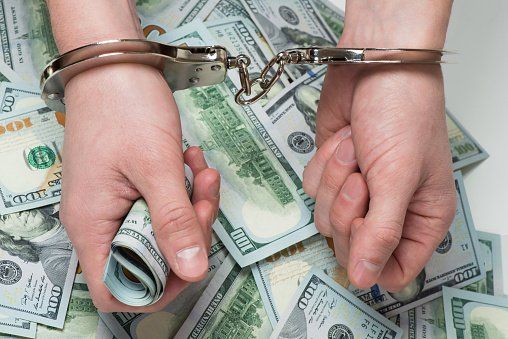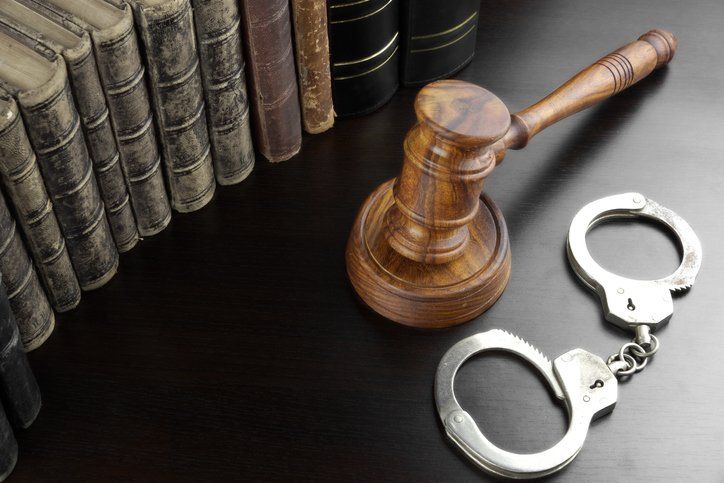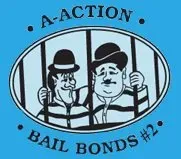Arrested? Everything You Need to Know About Bail Schedules
When you've been arrested, you may have to pay bail in order to get out of jail. The bail amount depends on the bail schedule, so understanding the schedule can help you understand how you'll get out of jail while you await your trial. Here's what you need to know.
What Is a Bail Schedule?
A bail schedule is a chart or rule that establishes how much money is charged for specific offenses. Bail schedules vary from one state to the next, and even one county to the next, so the amount that you'll have to pay will depend on where you were arrested.
What's the Minimum Amount Usually Charged for Bail?
A common bail amount for petty misdemeanors involving no violence is $500. However, the bail schedule can increase quickly based on the type of crime and other details about the crime. Many types of crime, like theft, can push bail limits up into thousands of dollars.
The more serious the crime, the higher the amount. Sometimes bail amounts are too high for the person who is arrested to pay. High bail amounts are why many people who are arrested must seek bail from bail bond companies.
Some crimes, like capital offenses, are so egregious that no bail is set and the person awaiting trial must remain in jail.
What Affects the Amount Set for Bail?
Although bail schedules determine the minimum amount that a person may be charged to get out of jail, many factors may lead a judge to raise that amount, including the following:
- Defendant's criminal history. People who have never been arrested before may get the minimum, whereas a person who has been arrested for other crimes in the past may get a much higher bond in order to protect the community.
- Likelihood of not returning for trial. Flight risk is a big factor that judges will take into consideration when setting a bail amount. This is because the entire purpose of the bail is to ensure that the person will return.
- Community risk. If the person who has been arrested is determined to be a high risk to the community, the judge may set a higher bail to help ensure community protection.
- Community ties. People who do not have strong community ties may be perceived as more likely to run than those who have few or no community ties.
- Employment. People who are transient are perceived as being more likely to skip town and therefore may have a higher bail amount than people who are employed.
Sometimes judges use an algorithm to determine bail for a person. The algorithm takes into account factors like the type of offense, the person's age, and the person's history of showing up for trial.
How Do You Find Out How Much Your Bail Is?
Bail is set by a judge at the first court appearance of the person who has been arrested. However, jails have posted schedules, so in some cases people can post bail before they see a judge.
Where Can You Go to Get a Bail Bond?
Bail bonds can be acquired from reputable bail bond companies in your area. If you're not sure where the local bail bond company is, talk to someone at the police station for help.
Where Can You Turn for More Information?
If you've recently been arrested in Bexar County and need information about bail bonds, bail schedules, and where to get bail, contact an expert in your area. At A-Action Bail Bonds in Bexar County, we're happy to answer questions for people who are trying to navigate the complicated legal system. Call us today.

